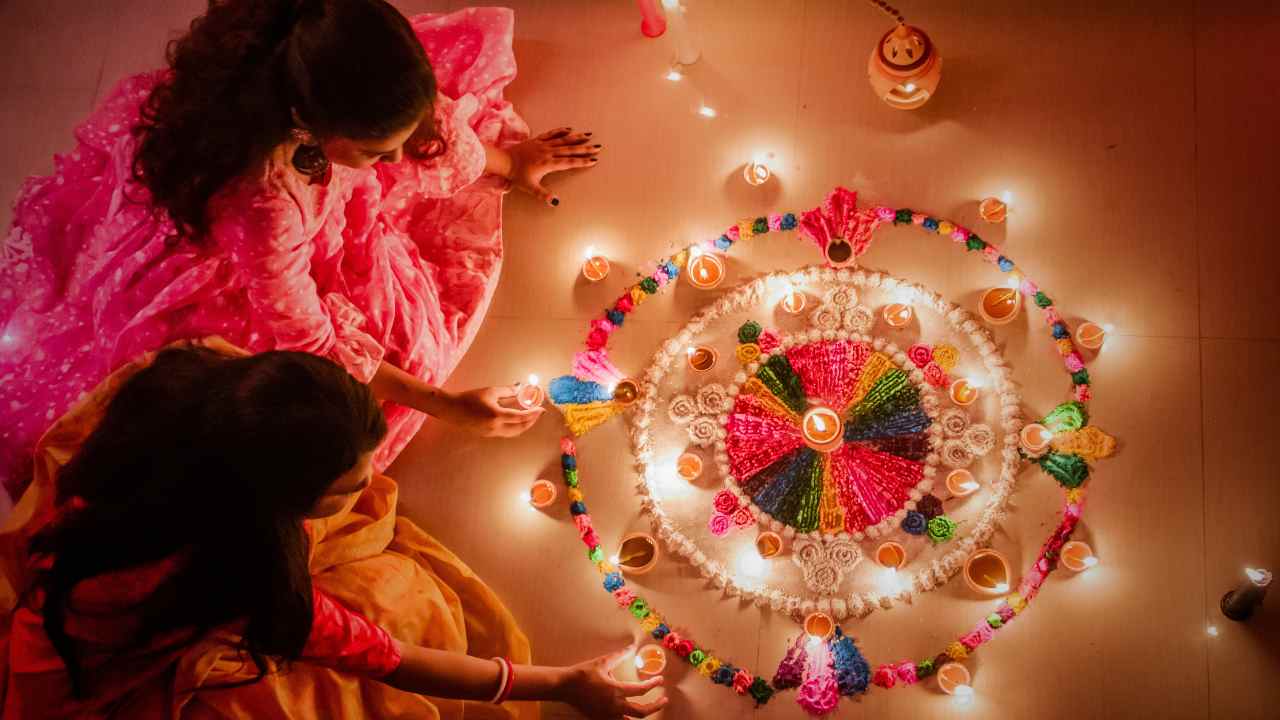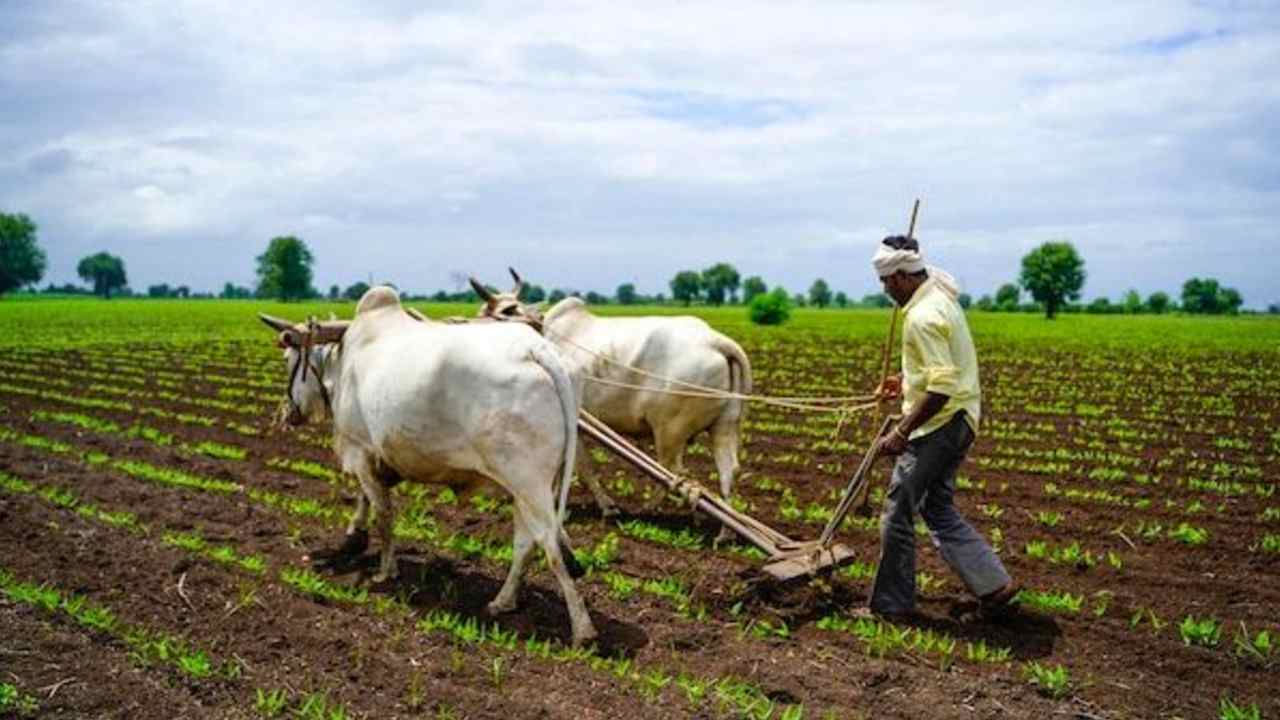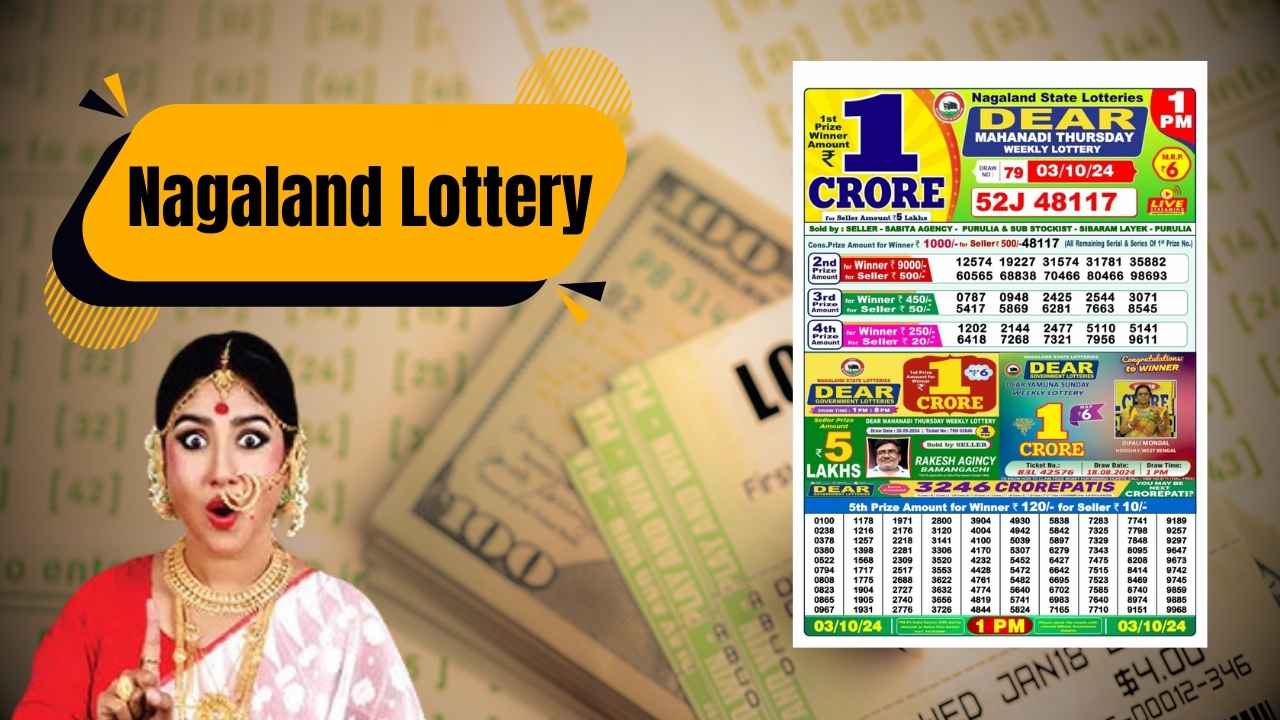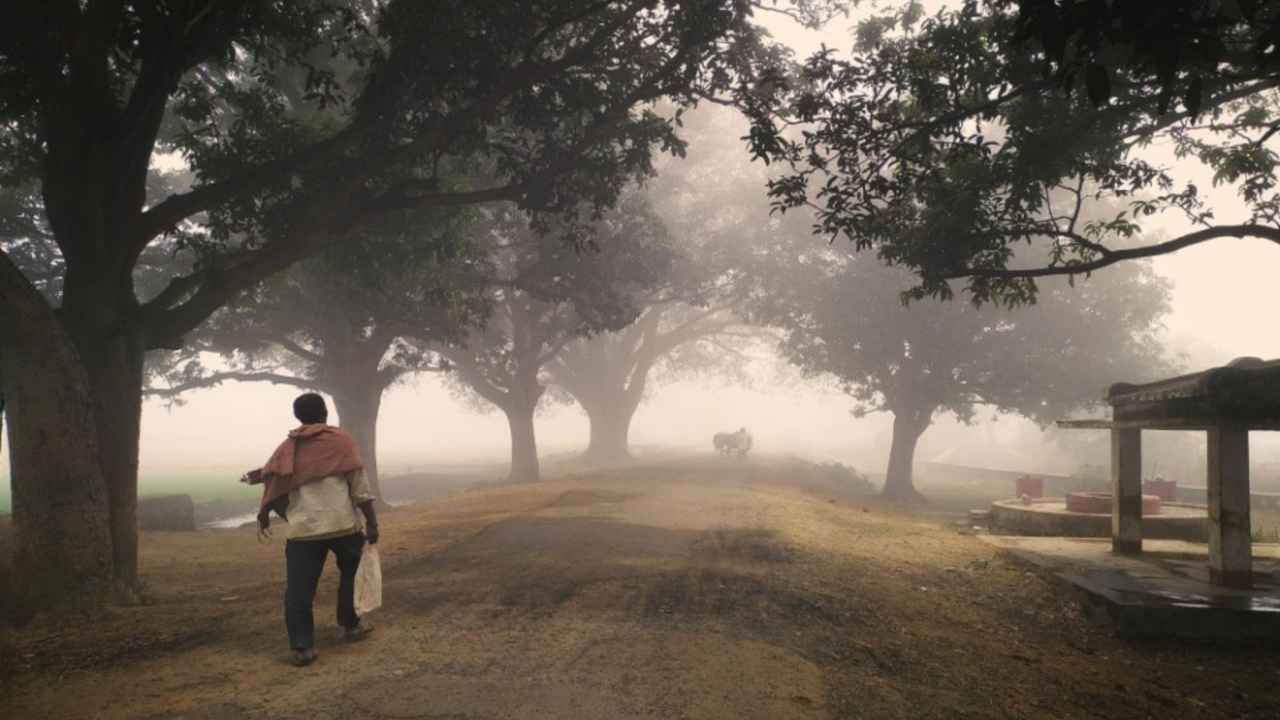Significance of Diwali
Diwali, also known as Deepavali, is one of the most significant festivals in Hindu culture, celebrated on the new moon night of Kartik month. The festival commemorates the return of Lord Rama to Ayodhya after a 14-year exile and his victory over the demon king Ravana. The people of Ayodhya welcomed him by illuminating the city with lamps, a tradition that continues today.
Official Announcement from Scholars
The date for Diwali was confirmed during a religious assembly held at the Central Sanskrit University in Jaipur, where esteemed scholars and astrologers unanimously agreed that October 31 is the appropriate date for celebrations. They emphasized that this date aligns with traditional calculations and rituals associated with Kartik Amavasya and Lakshmi Puja.
Expert Opinions
- Prof. Ramapal Sharma, the chairperson of the assembly, stated that celebrating Diwali on November 1 would not provide sufficient time for Lakshmi Puja due to the limited duration of Amavasya.
- Prof. Sudesh Sharma, director of the university, noted that Amavasya begins during the evening of October 31, making it suitable for Diwali festivities.
Why Not November 1?
Astrologers have explained that while Amavasya does extend slightly into November 1, it occurs only for a few minutes after sunset. This brief overlap does not allow for proper Lakshmi Puja rituals to be performed effectively. Thus, October 31 is deemed more auspicious for worship and celebration.
Rituals and Celebrations
Diwali involves various rituals, including:
- Setting up an altar facing the east or northeast.
- Placing idols of Ganesha and Lakshmi on a decorated platform.
- Lighting oil lamps (diyas) and bursting fireworks to symbolize the victory of light over darkness.
Conclusion
With this clarification, families across India can now prepare for Diwali celebrations on October 31, 2024. This festival not only signifies joy and prosperity but also brings communities together in celebration.
Disclaimer: This article is for informational purposes only and should not be considered as religious or financial advice. Readers are encouraged to consult local traditions and practices.











